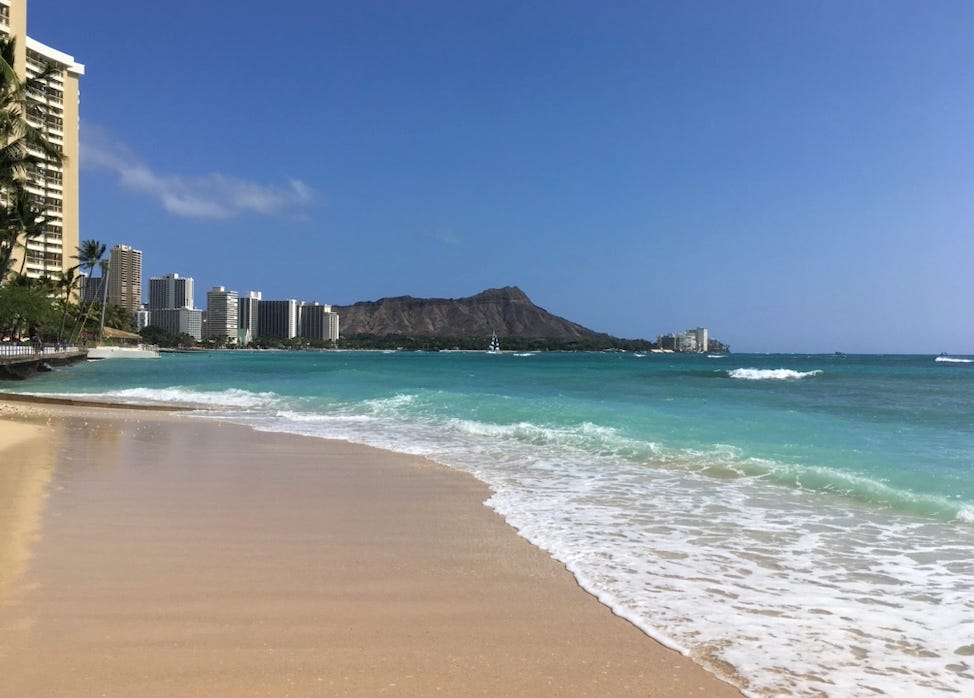News briefs: Hawaii's beaches, ESG outlook
Plus, EU climate minister optimistic for 2021, while Trump vetoes bipartisan driftnet bill
Hawaii has lost about a quarter of its beaches
Oceanfront property owners across Hawaii have used loopholes in state and county laws to get around restrictions on seawalls that cause erosion, armoring their own properties at the expense of the environment and public shoreline access, according to a special report by Ash Ngu of ProPublica and Sophie Cocke of the Honolulu Star-Advertiser. The report says this is compounding the threat of rising sea levels. Government officials have granted more than 230 environmental exemptions to owners of homes, hotels and condos, according to records compiled by the publications. Those exemptions have allowed property owners to keep old seawalls in place, build new ones and install mounds of emergency sandbags along the beaches. According to the investigation, officials defend their actions, saying that forcing property owners to comply with anti-armoring laws would cause them too much hardship, particularly along coastlines that already have seawalls.
Climate strategy investments seen doubling
Socially responsible investments that track factors like environmental, social, and governance principles will likely see greater adoption among financial advisers and investors in the new year, Jeffrey Gitterman, head of Gitterman Wealth Management, tells ThinkAdvisor. The report quotes Gitterman: “Interest has gone up tremendously in 2020. … Our climate strategies are the most popular. The transition (to zero emissions) is here and not going away.” The report cites data from the Forum for Sustainable and Responsible Investment showing U.S.-domiciled assets under management using sustainable investing strategies grew from $12 trillion at the start of 2018 to $17.1 trillion at the start of 2020, an increase of 42%. It also notes that BlackRock’s (BLK) first sustainable investing survey of several hundred institutional clients in 27 countries with $25 trillion in AUM released in early December found that half expect to double sustainable assets within five years.
Danish climate minister optimistic for the new year
Danish Climate Minister Dan Jorgensen tells Bloomberg Green that despite the stress and setbacks of 2020, he’s optimistic, focusing on the EU’s latest climate deal and the U.S. election, which will bring the world’s biggest economy back into the Paris agreement. The report quotes him as saying, “It is remarkable that closing down our societies has not led us anywhere near the level of reductions we need, so behavioral changes alone won’t do it.” But, he said, while the analysis is often negative, “there are reasons for optimism and to celebrate as well.” Jorgensen has promised to halt oil exploration in the EU’s biggest crude producer. The report notes this is more ambitious than the 55% targeted by the EU, and puts the Danes at the front of the bloc’s efforts to protect the environment.
Trump vetoes bipartisan driftnet bill
President Donald Trump on Friday vetoed a bill that would gradually eliminate the use of large-scale driftnet fishing in federal waters off the coast of California, The Hill reports. The measure passed both houses of Congress with bipartisan support last month. Proponents of the measure will have to wait until the new Congress because there is no time left in this session to overturn Trump’s veto. Sen. Diane Feinstein (D-CA) has indicated she will press again for the legislation during the incoming Biden administration.

